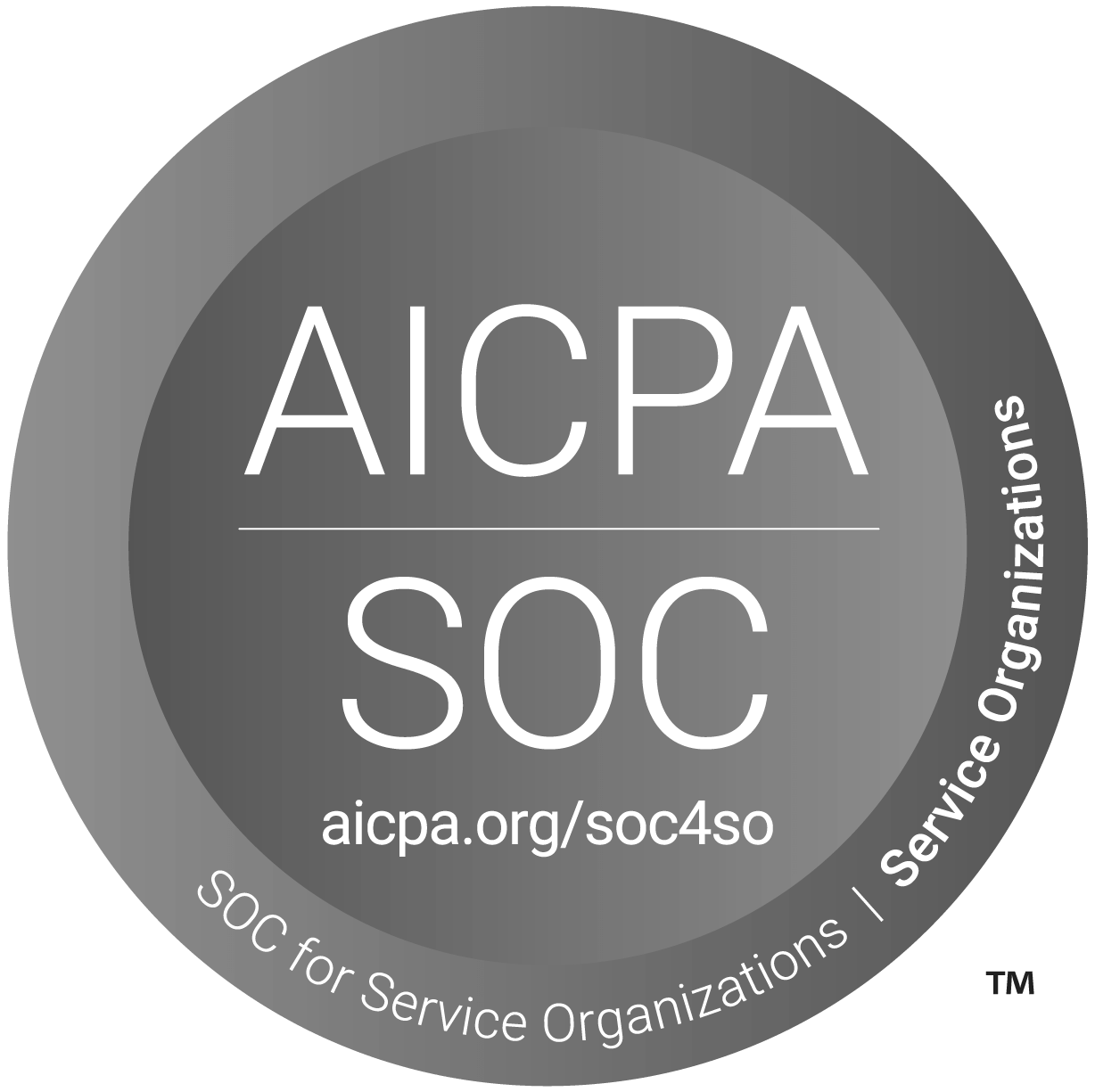Introducing The AI Project Planner — Scope, Build, Map, Compare, and Enrich your projects with precision. Learn More →
Unipr is built on trust, privacy, and enterprise-grade compliance. We never train our models on your data.






Start Building Today
Log in or create a free account to scope, build, map, compare, and enrich your projects with Planner.